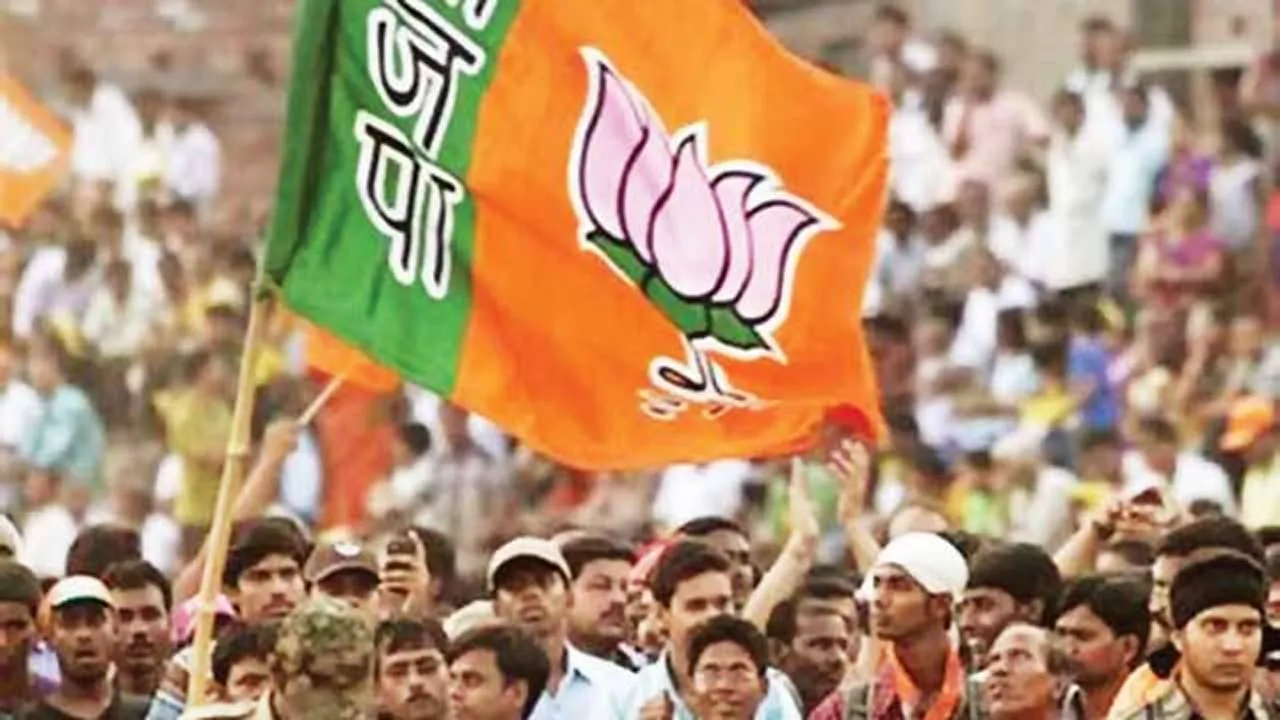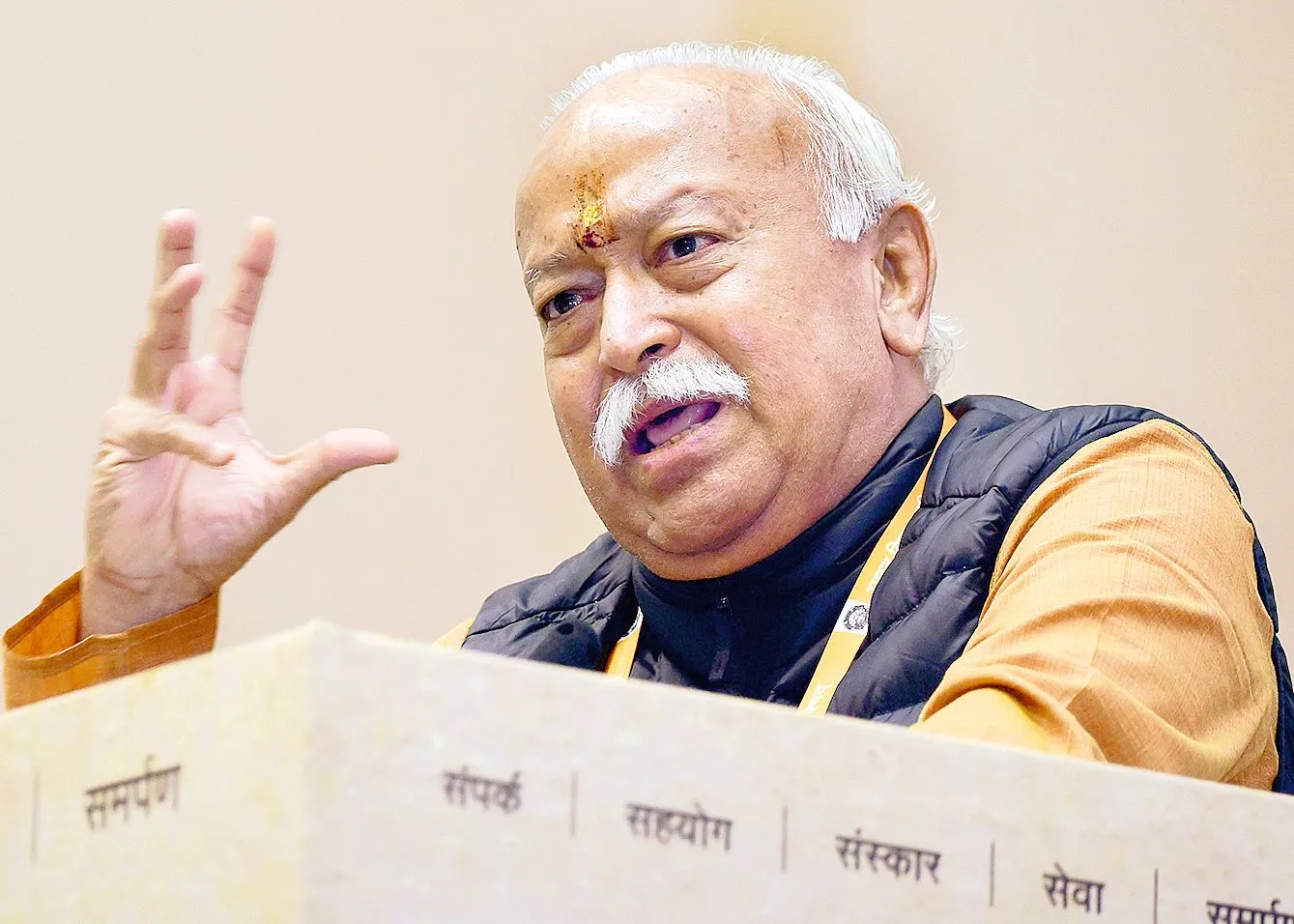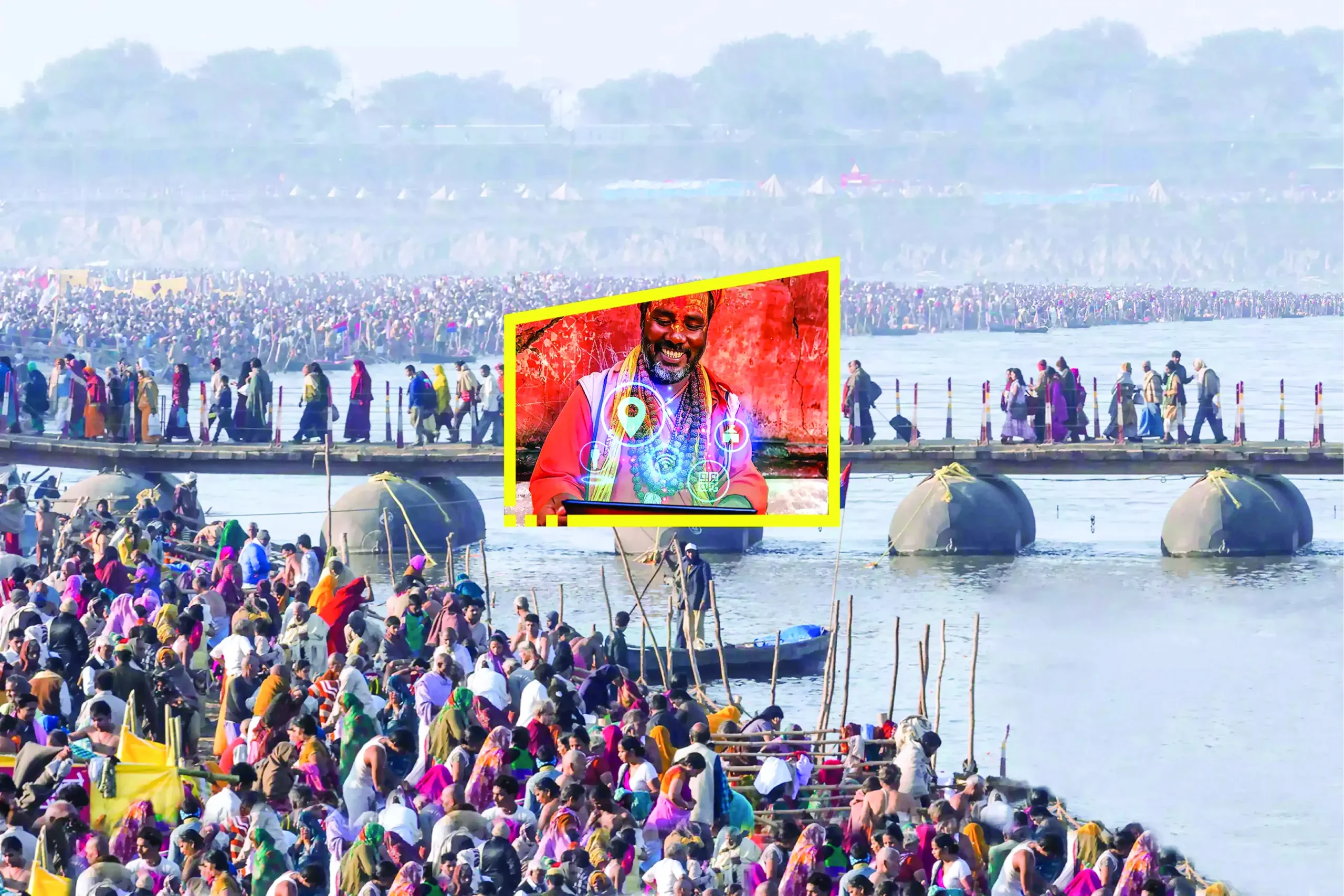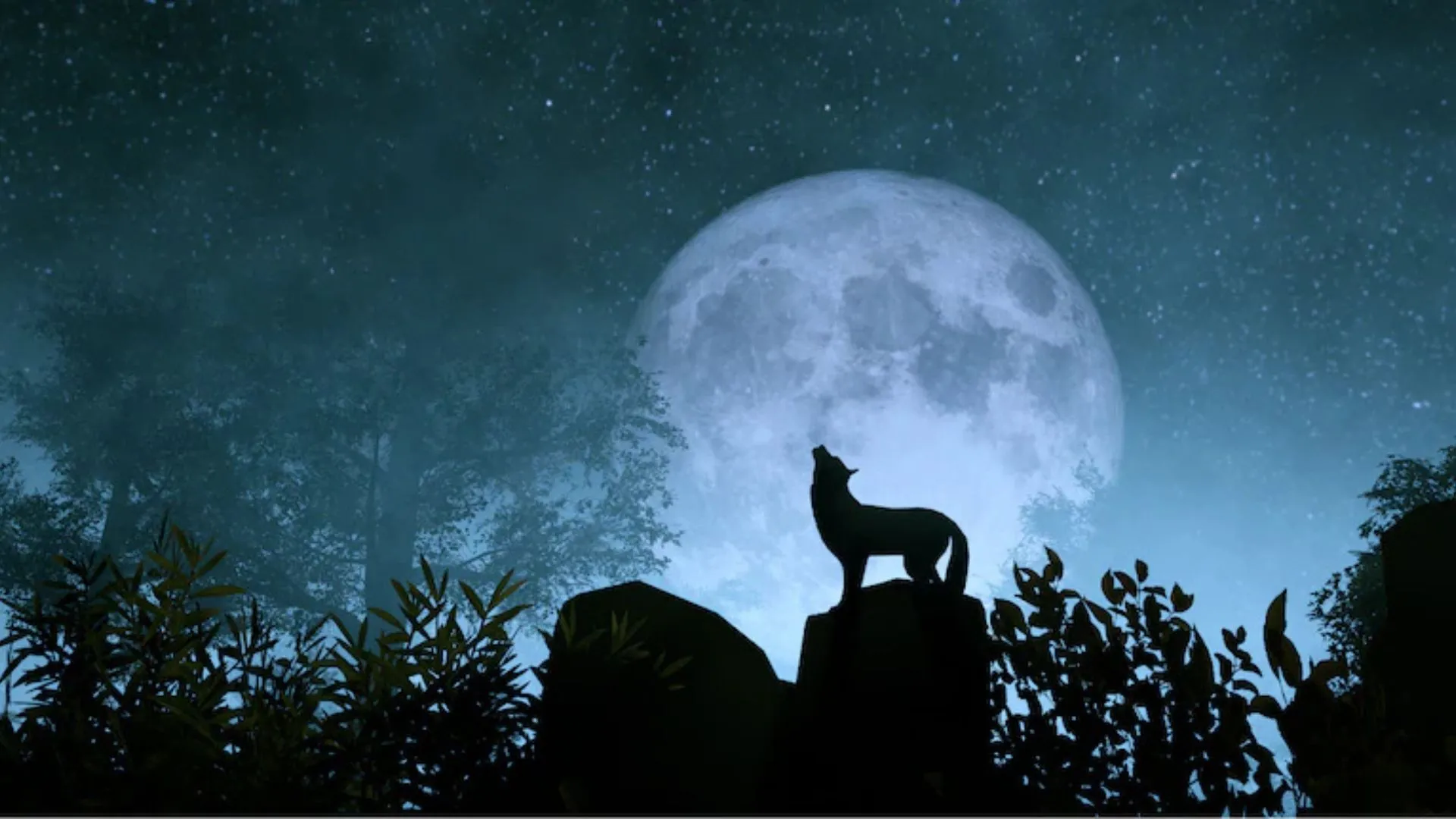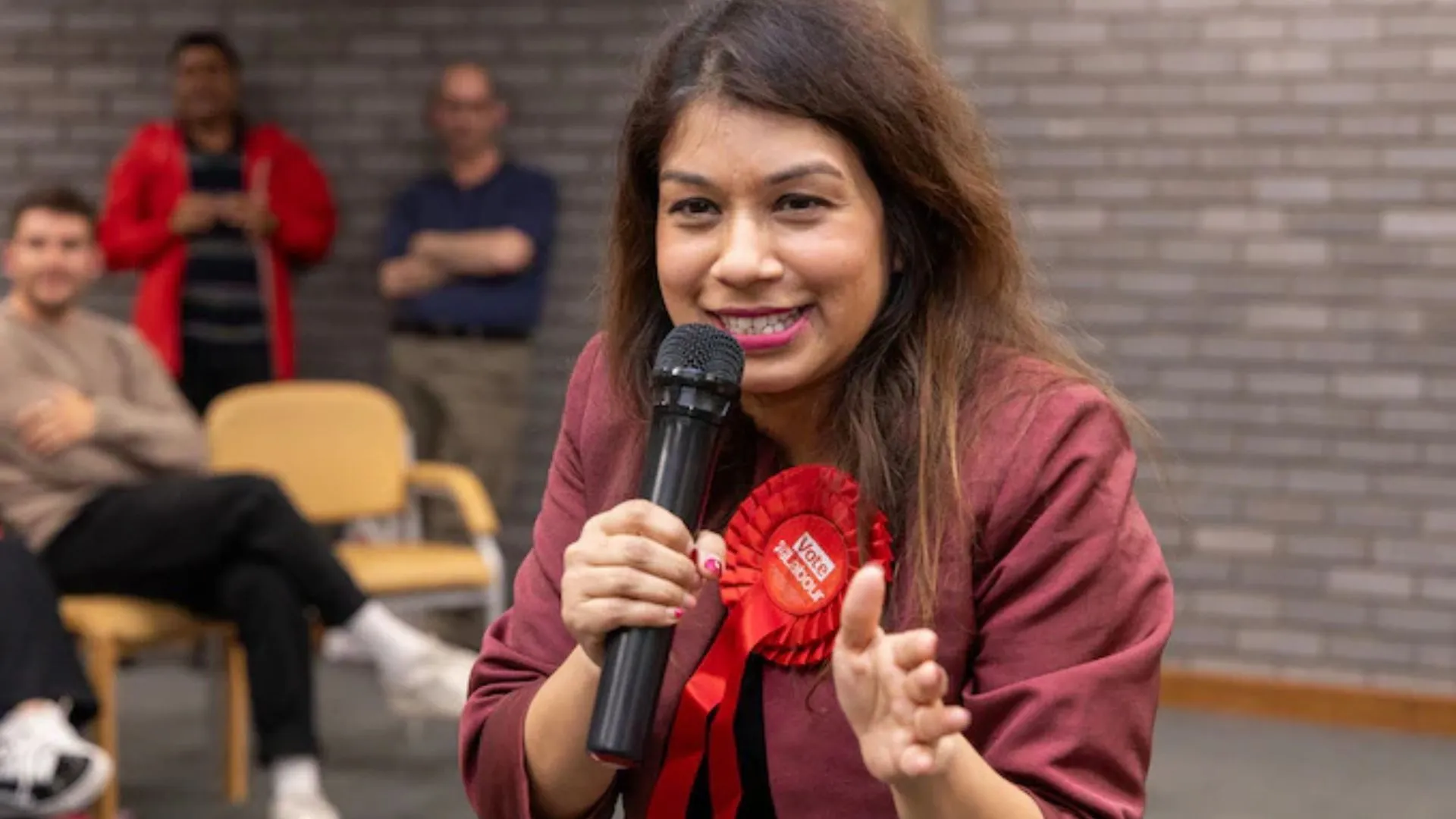Pfizer never came to India. Pfizer applied for clearance for its vaccine in 2020. Indian regulators demanded a local safety and immunogenicity study. Such bridging studies are the common world over.
All other foreign vaccine makers had conducted similar studies in India. But Pfizer refused to do a local trial. In addition, Pfizer wanted legal immunity and protection against injury, which India refused. The USA provides legal immunity to vaccine manufacturers. India does not have any such law, and we did not change our laws for Pfizer.
History of Legal immunity for Vaccines and Vaccine Courts
Many moons ago, I worked in a pharmaceutical company in the USA, where I learned about Vaccine Courts. In the 1980s several lawsuits had been filed against vaccine companies and substantial compensation had been awarded.
Pharmaceutical manufacturers lobbied to enact – the Vaccine Injury Act, of 1986 – protecting vaccine makers from legal liability from lawsuits or compensation in case of vaccine injury or even death. National Vaccine Injury Compensation Program (VICP), popularly known as Vaccine Courts were set up.
If a vaccine caused injury, the manufacturer went scotfree. Instead, the Government paid compensation from taxpayers money, up to a maximum of $250,000. This was far below a typical award in a successful product liability suit in the USA. Injuries were tried like a civil tort case, and not a criminal suit.
As a lawyer, I could never digest such a blatantly partisan law that worked against ordinary citizens. How could an advanced country like the USA, allow such an unfair and prejudiced law?
COVID-19 Panic, Negotiations, and Global Arm Twisting
When Covid-19 hit, the world panicked. Governments were promptly granting licenses under Emergency Use Authorisation (EUA). American pharmaceutical giants were now eyeing global markets and lobbied with world governments for legal immunity and protection.
Historically, the fastest vaccine has been for mumps. It took four years. The pfizerBioNTech vaccine was manufactured and approved in eight months! It was the first one to hit the market.
Country-by-country vaccine negotiations started arm-twisting governments.
By September 2020, European Regulators indemnified vaccine makers against unexpected side effects. Executive Board of Vaccines, Europe, signed contracts with confidential liability clauses with AstraZeneca and Sanofi, for all 27 EU states. Australia followed suit.
In Latin America pharmaceutical bullying went a notch higher. In addition to legal indemnity, Pfizer demanded protection against their own negligence and mistakes. Argentina amended its vaccine law, three times, yet Pfizer was not happy. Pfizer wanted Argentina’s bank reserves and military bases as “guarantees”.
In the era of neo-colonialism, Pharma industry was the new East India Company.
How India stood its ground
When the world panicked and gave vaccine manufacturers a free run, India kept its head on its shoulders.
Our regulators followed due processes in the negotiations. Pfizer refused local trials and insisted on legal immunity. India kept pushing back.
Meanwhile, a huge PR propaganda started. The narrative was – Pfizer can save India; but the bureaucracy was dragging its feet, while people were dying. Influencers and thought leaders went full throttle, how badly India needed Pfizer vaccines, and the government was letting us down. The opposition accused the government of following protectionist policies by not allowing Pfizer and Moderna vaccines.
Despite such pressure, India did not succumb. Eventually, Pfizer withdrew its application in 2021 We continued our vaccine programme with drugs that complied with our legal requirements.
Now, recently, the world has started calling out Pfizer for its high-handedness. Recently, Pfizer›s CEO was accosted on the streets of Davos. In a viral video, he ducked tough questions posed about the efficacy of the vaccines. EU Parliament has repeatedly summoned Pfizer CEO for questioning in Brussels, which he evaded. Questions are now being asked about immunity to vaccine makers.
Learning from India
Indians are hard-wired to look towards the West for thought leadership. Perhaps the world can learn a thing or two, from India. We love to hate Indian Laws.
But in this case, India is the only large market in the world, that doesn’t protect vaccine manufacturers, against citizens, which is a good thing. We did not create laws to benefit anyone yet remained open to every possibility. In our simple way, with limited resources, we went about doing things, with humility and common sense, not giving in to panic.
Rudyard Kipling said – If you can keep your head when all about you Are losing theirs and blaming it on you, If you can trust yourself when all men doubt you, —you’ll be a Man, my son!
That’s India coming of Age.
Anu Lall is a lawyer and has worked in pharmaceutical industry in India, USA and Europe. She is also the Founder of YogaSmith and the author of 4 books using Yoga as an adjunct therapy.


